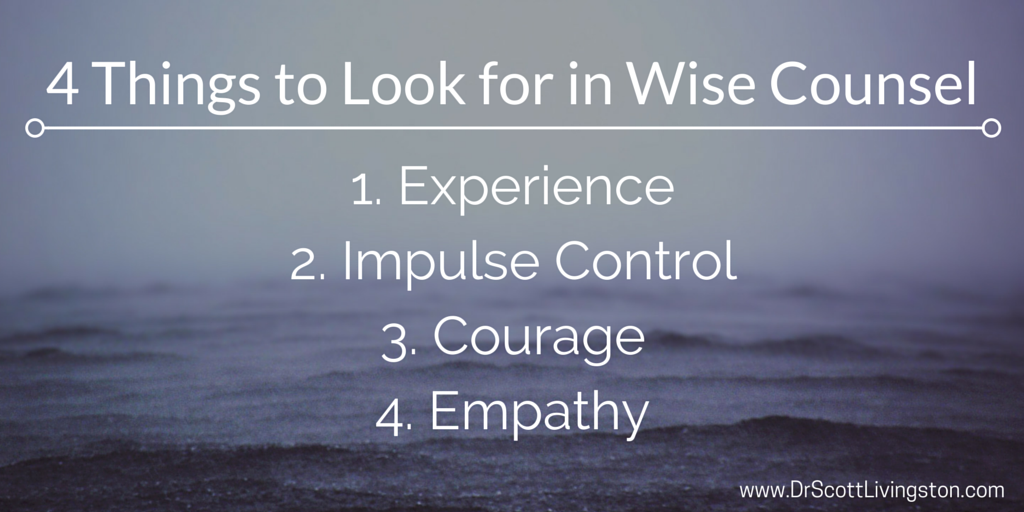Over the last couple of weeks, I have been sharing some thoughts on connecting wisdom and leadership. If you missed those blog posts you can read them here and here.
King Solomon, said to be the wisest person to ever live, has been the main character we’ve used as an example of what it means to be a wise leader.
One of the cautions that we as leaders need to recognize is that we can start to get full of ourselves. If we are not careful, we start to believe the press that is written about us:
Hard worker
Smart
Excellent with people
Good salary with nice bonus checks
Dedicated and loyal
These things may actually be true, but when you get this kind of feedback it can start to go to your head.
Queen of the South
King Solomon had this same experience. Things were going really well for him:
He gave orders to build the temple on Mount Moriah
He had been blessed by God with wisdom
People liked him
He was very rich
He was dedicated to the people he served
Then one day, Solomon had a visitor, the Queen of Sheba. She had heard about Solomon’s fame and wanted to test him to see if he was as great of a leader as she had heard. They scheduled a meeting and talked; Solomon answered all her questions and she got to observe firsthand the wisdom he had obtained.
The Queen says to Solomon,
“The report I heard in my own country about your achievements and your wisdom is true. But I did not believe what they said until I came and saw it with my own eyes. Indeed, not even half of the greatness of your wisdom was told to me. You have far exceeded the report I heard.”
-2 Chronicles 9:5
Can we just sit in that feedback for a minute? How cool would it be if someone from another company requested a meeting with you because they had heard of your reputation, and after you met they say that you are even twice as good as they had expected? Wouldn’t you walk out of that room feeling like Muhammad Ali or Tom Brady…some of the “Greatest of All Time” athletes?
Solomon Knew the Danger
So what is the danger of this kind of recognition from others? You are the greatest, you are the smartest, you are the fastest, you are the best, you are all that and a bag of chips (as my daddy used to say)?
I think the real danger is that you may start to believe it!
Solomon knew this too because he penned a proverb cautioning against believing all of this about yourself:
“It is not good to eat too much honey, Nor is it honorable to search out one's own honor.”
- Proverbs 25:27
I wonder if it is because of his interaction with the Queen of Sheba that he doesn’t pen different words. I could see Solomon after his meeting with the queen, sitting with his journal at the end of a long day writing something like:
“Honey sure tastes good. And I have heard from the doctors around town that it is good for you. However, if you eat too much of it, it is not so good for you. In fact, instead of being delicious, it can make you really sick. Giving yourself too much credit is a lot like this. It is ok to have a little bit, but if you spend all your time thinking about and telling others how great you are, that makes others sick and it isn’t good for you either.”
Solomon says that searching for one's own honor is like eating too much honey. In the long run, it isn’t good for you. In other words, too much of a good thing just might make you sick.
Honor is something that naturally follows a job well done. I am in no way saying that as a leader you should not recognize others for a job well done. I personally believe that leaders who do a great job will get all of the honor they need and deserve.
Just be careful that you are not seeking this honor out for yourself. Focusing on this honor can take a leader into a bad place. One leader I know put it this way,
“I have a person on my team who I am surprised that he does not break his own arm patting himself on the back.”
Remedy for the Danger of Self-Promotion
While we all want to work with very confident leaders, too much of a good thing, like self-confidence, can start to rub people the wrong way. Humility, according to Dr. Edgar Schein in its most general sense, refers to granting someone else a higher status than one claims for oneself.
This idea of basic humility is really all about granting status to others. It is about recognizing the innate value that other people bring to the table. This basic humility allows a leader to recognize others for who they are and what they do.
There is another deeper level of humility that is good for leaders to consider. This is the concept of epistemic humility. This is where a leader is able to recognize their own personal limits in knowledge, reflect analytically on social problems, have an understanding of the limitations of human experience, preserve in wrestling with intellectual challenges, and take the perspective of others.
The idea of epistemic humility goes beyond the recognition of others into the realm of self-examination, self-truth telling, and being able to see others' perspectives. This kind of humility calls on a leader to self-regulate, self-depreciate, and truly value what others are seeing.
I am curious how you might see yourself in relation to the story of Solomon? Most of you that read these posts are very successful. You could easily fall into the trap of asking yourself “What about me?”. Think now, how do you use humility as a counterbalance to keep your own self-confidence from running out of control?





